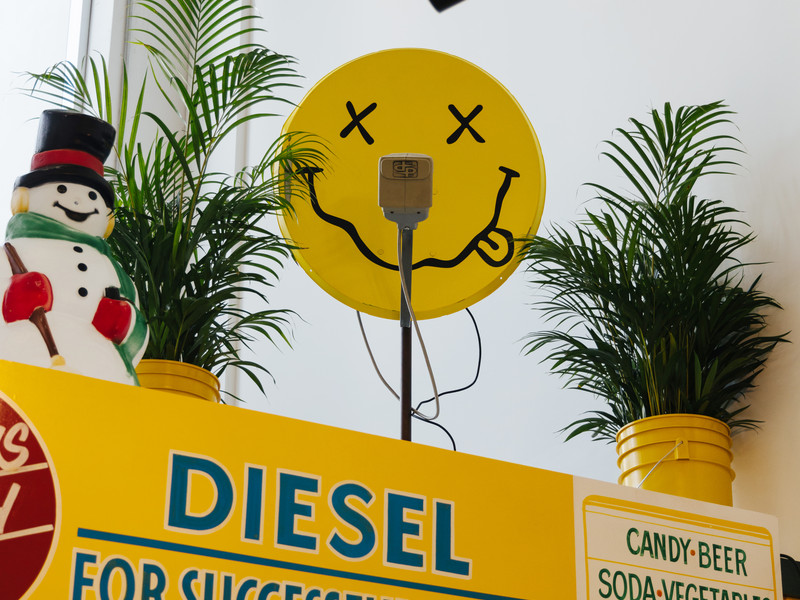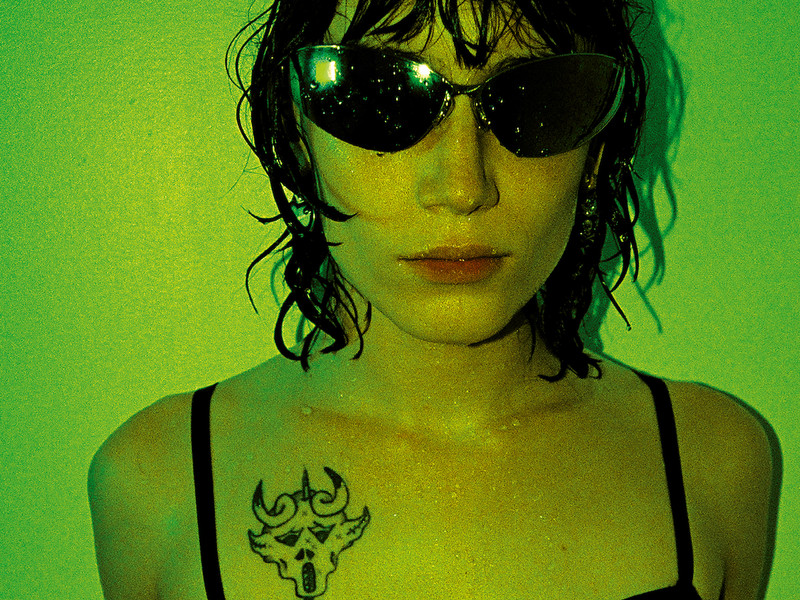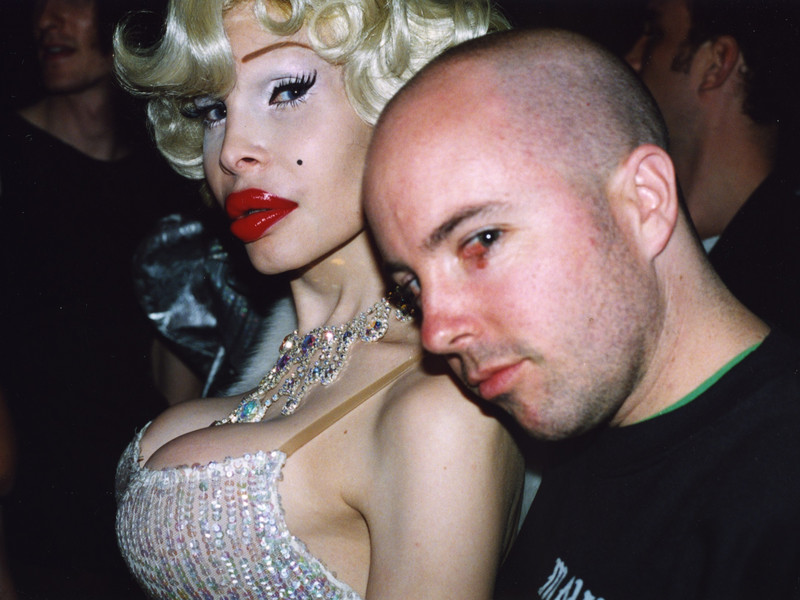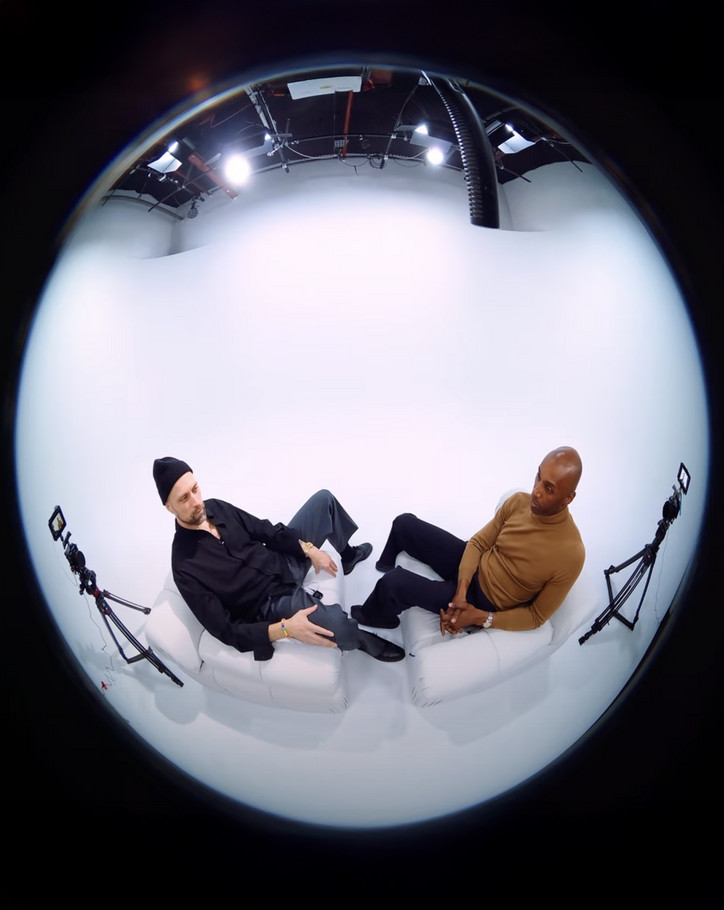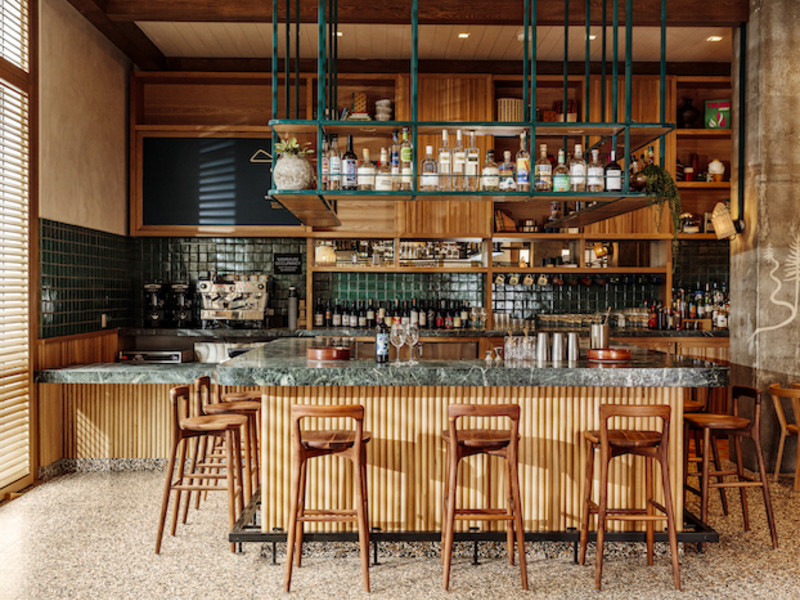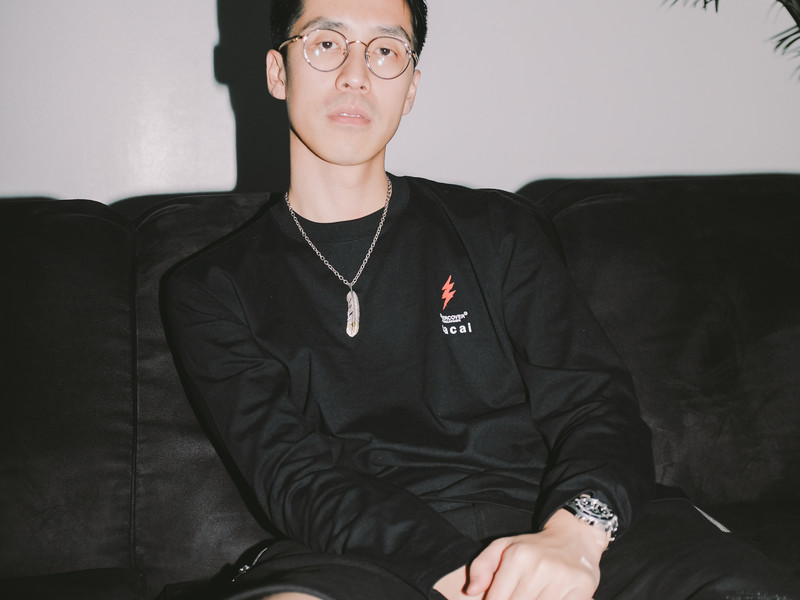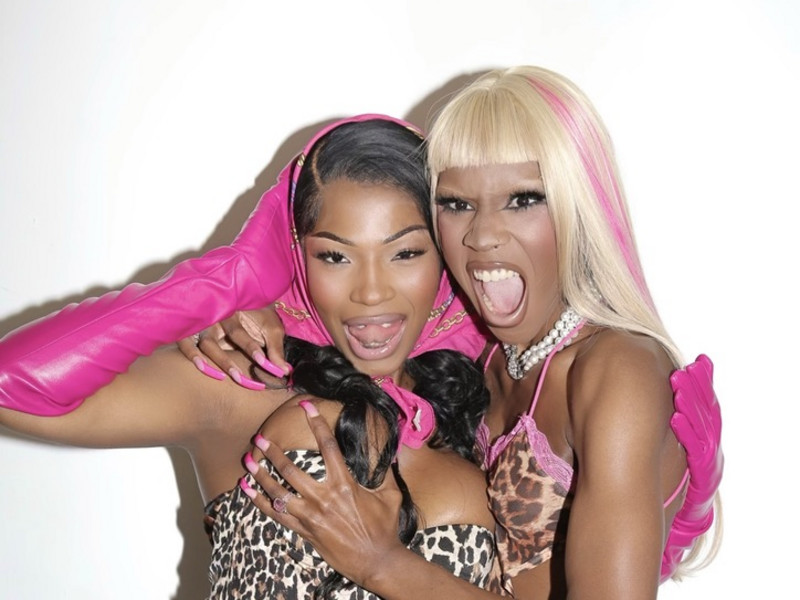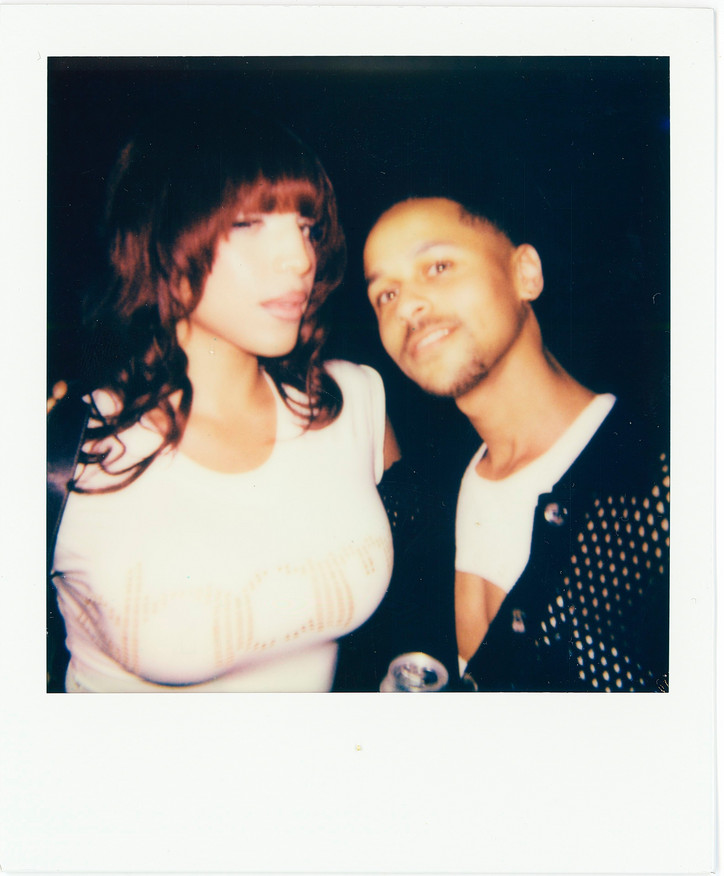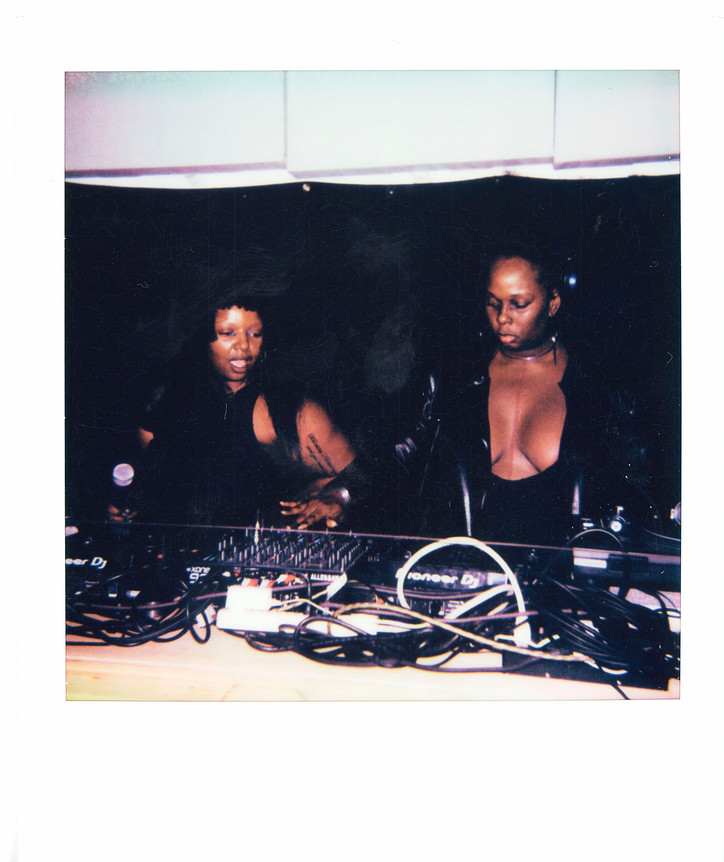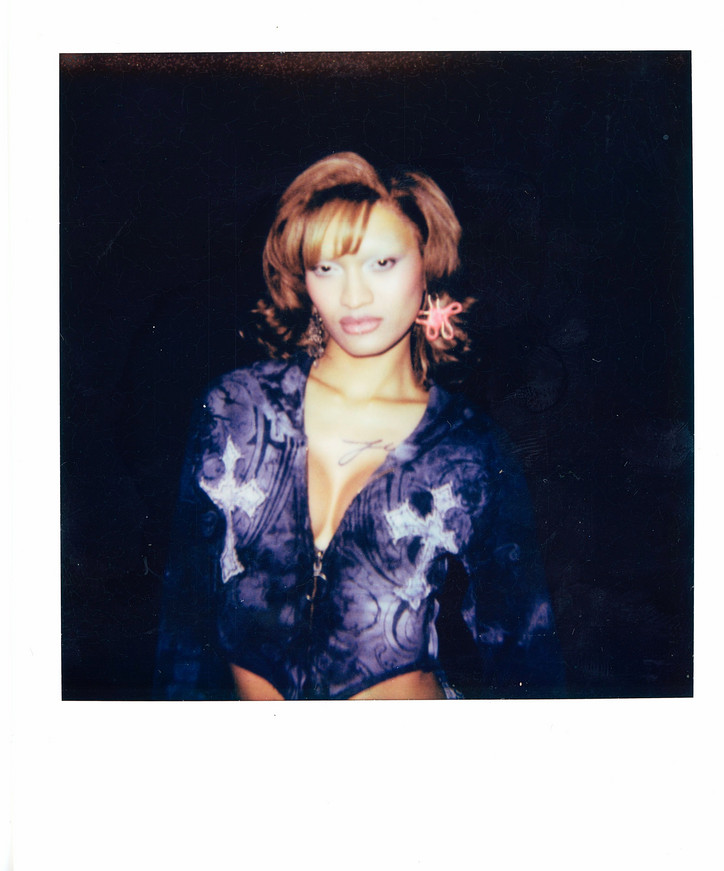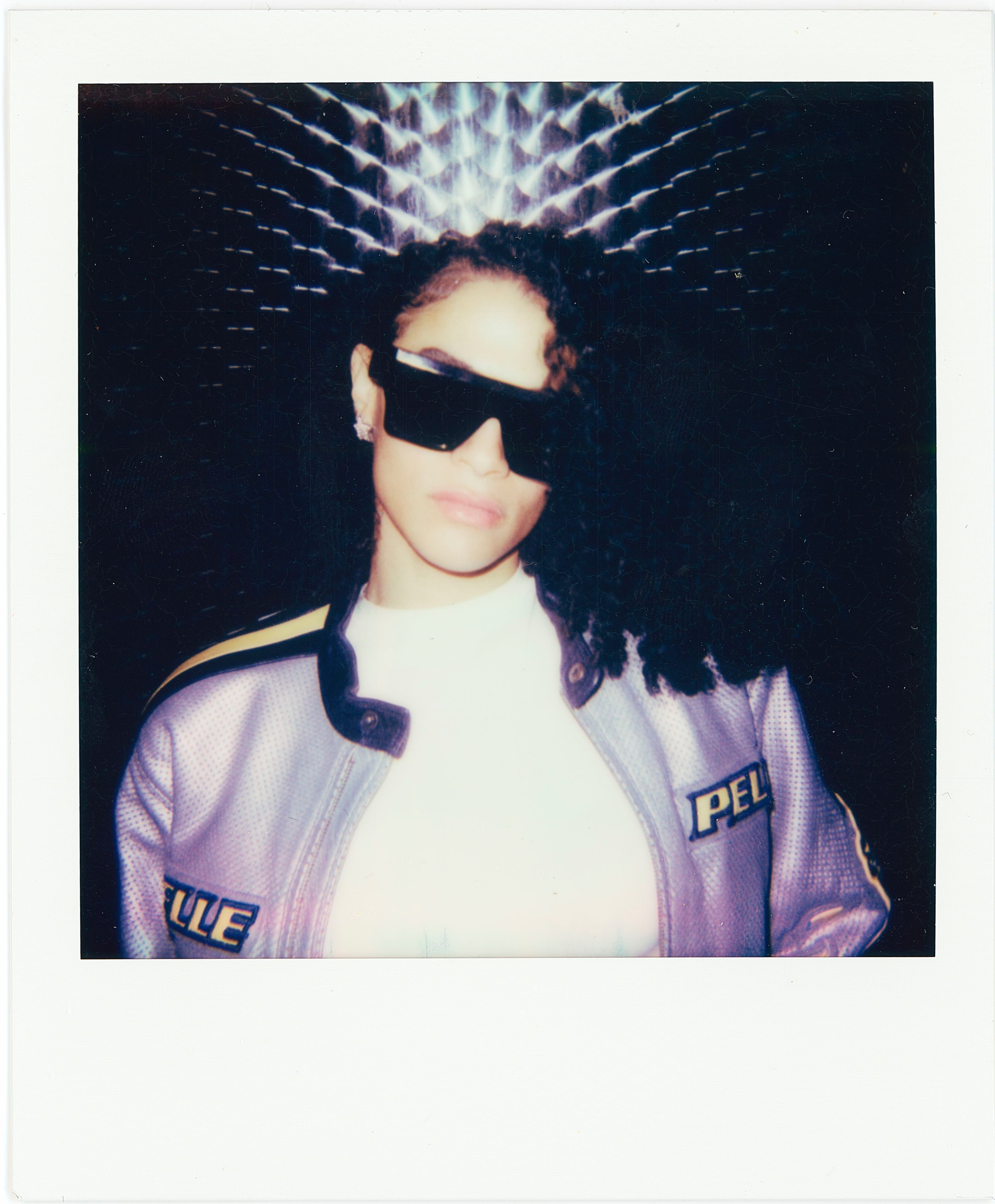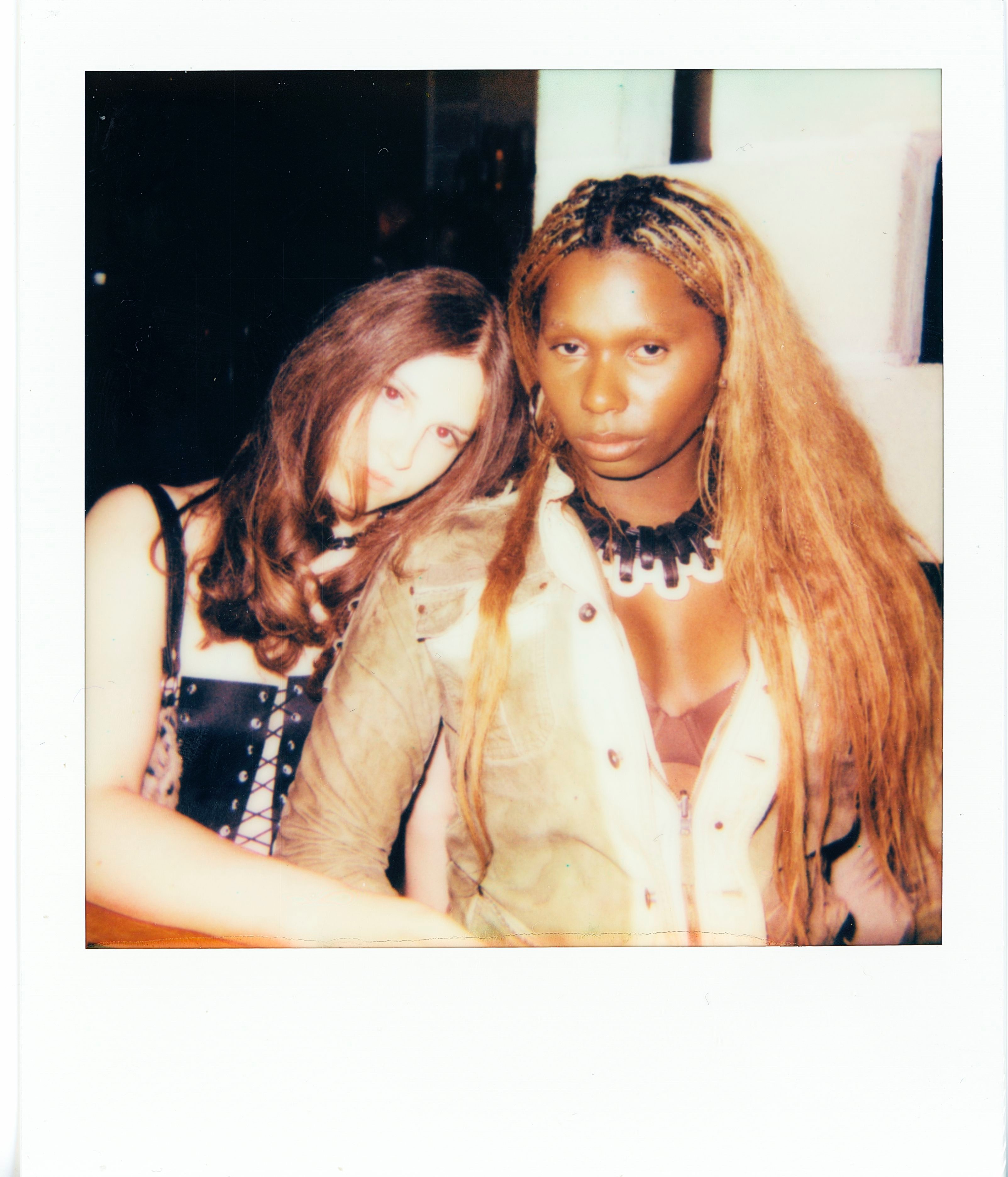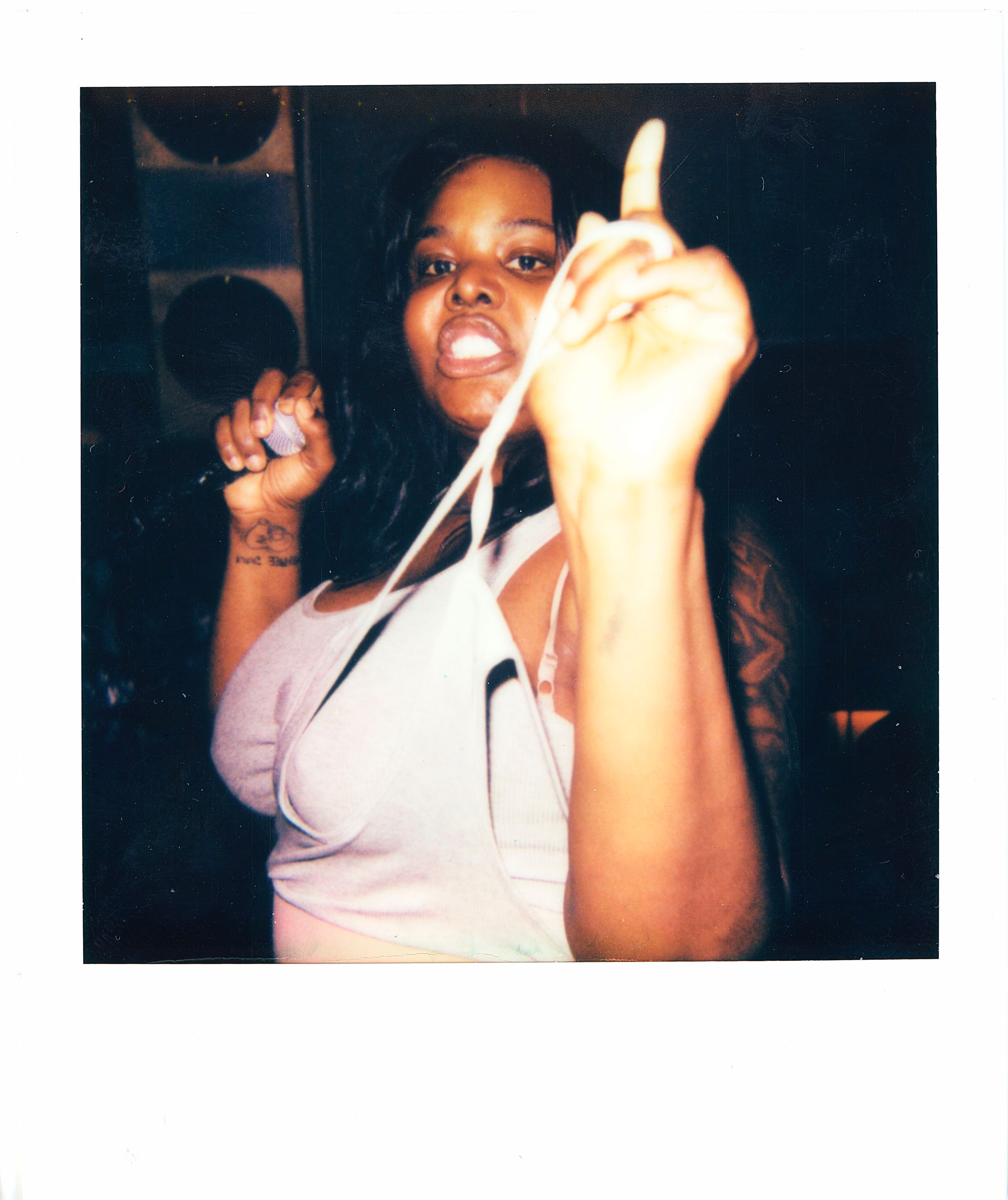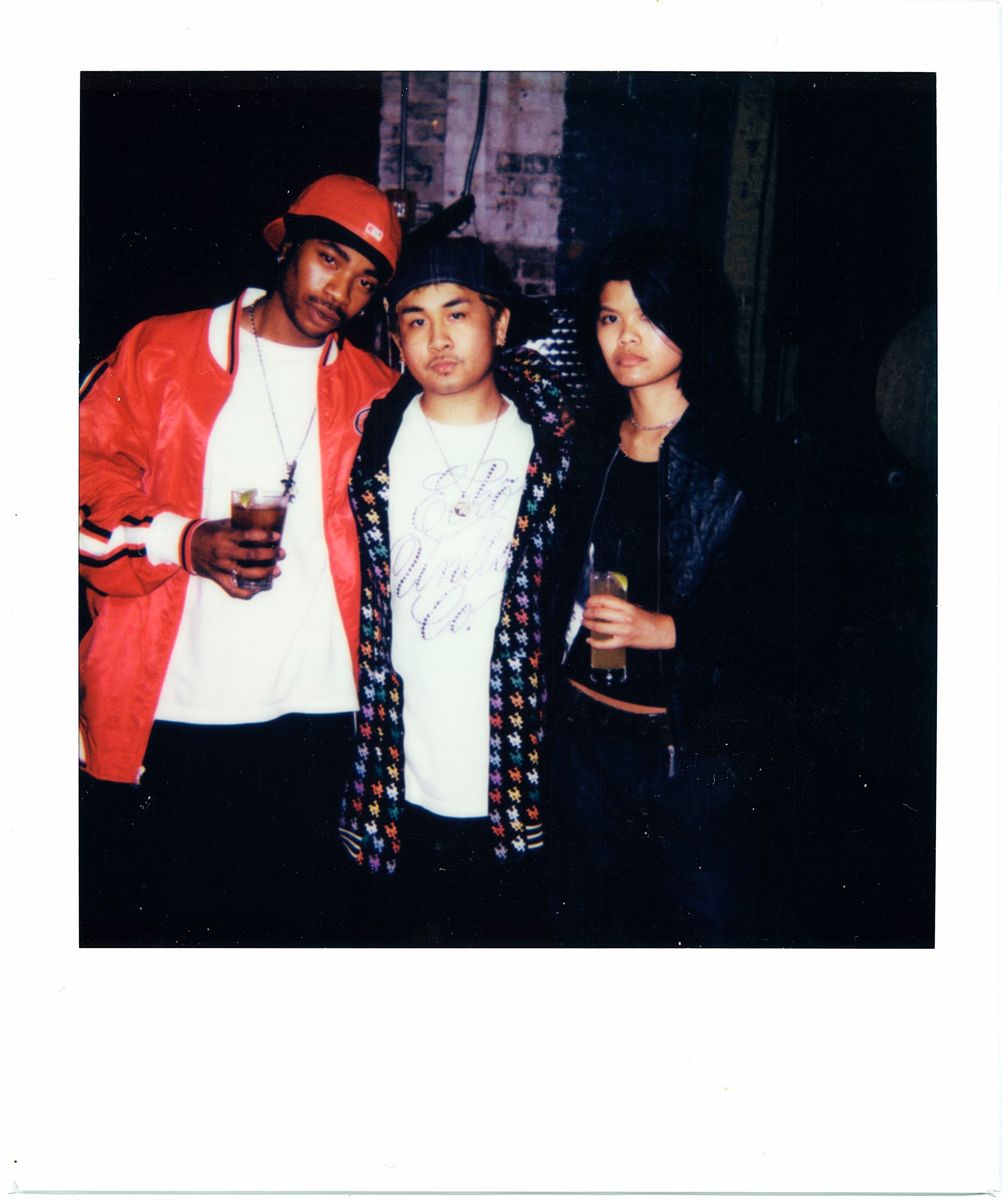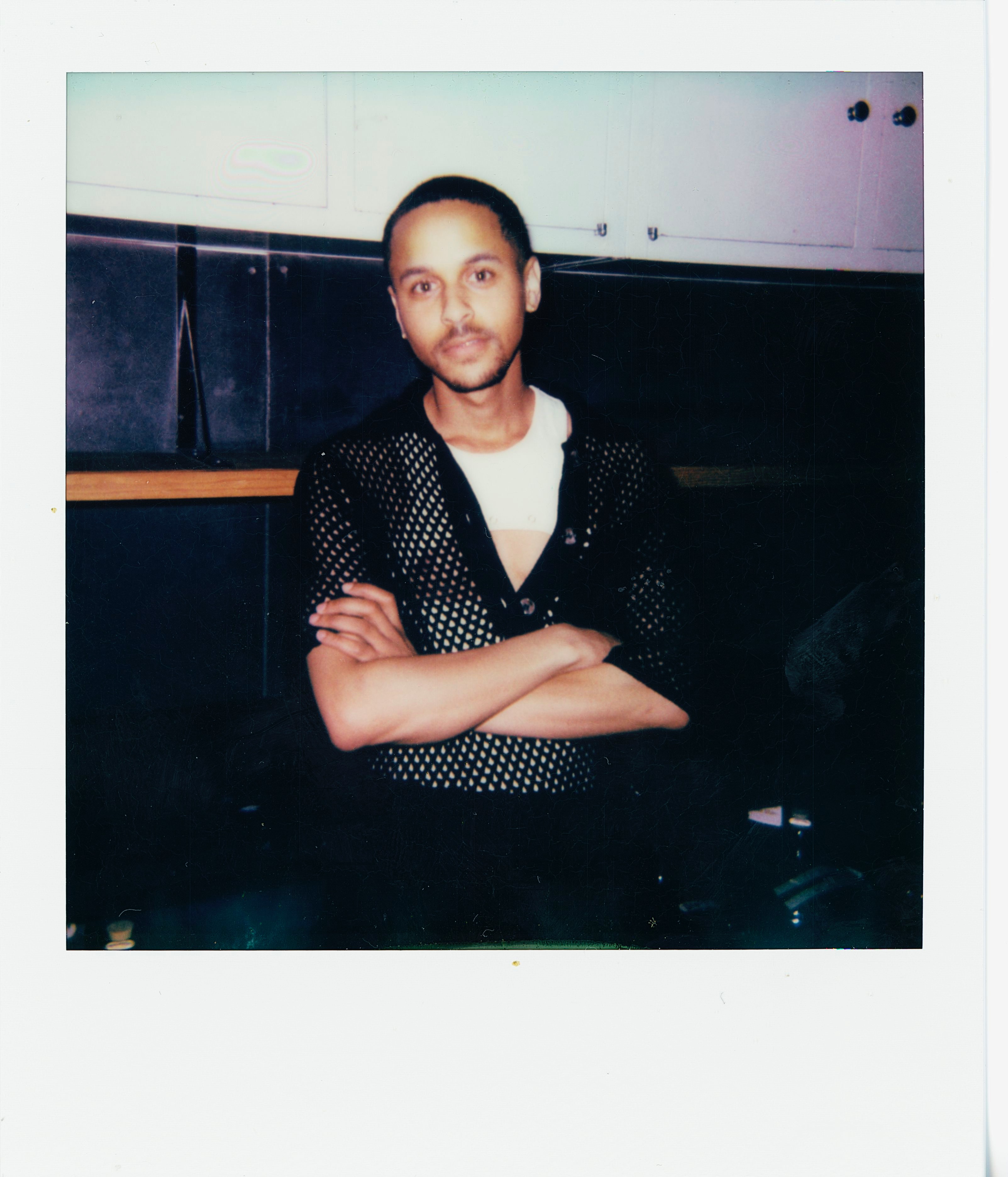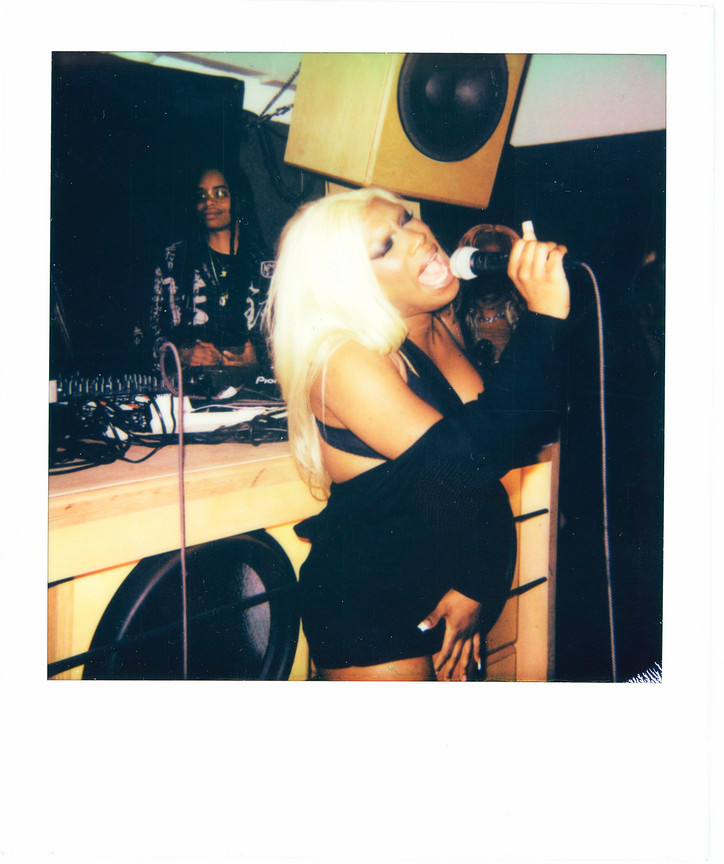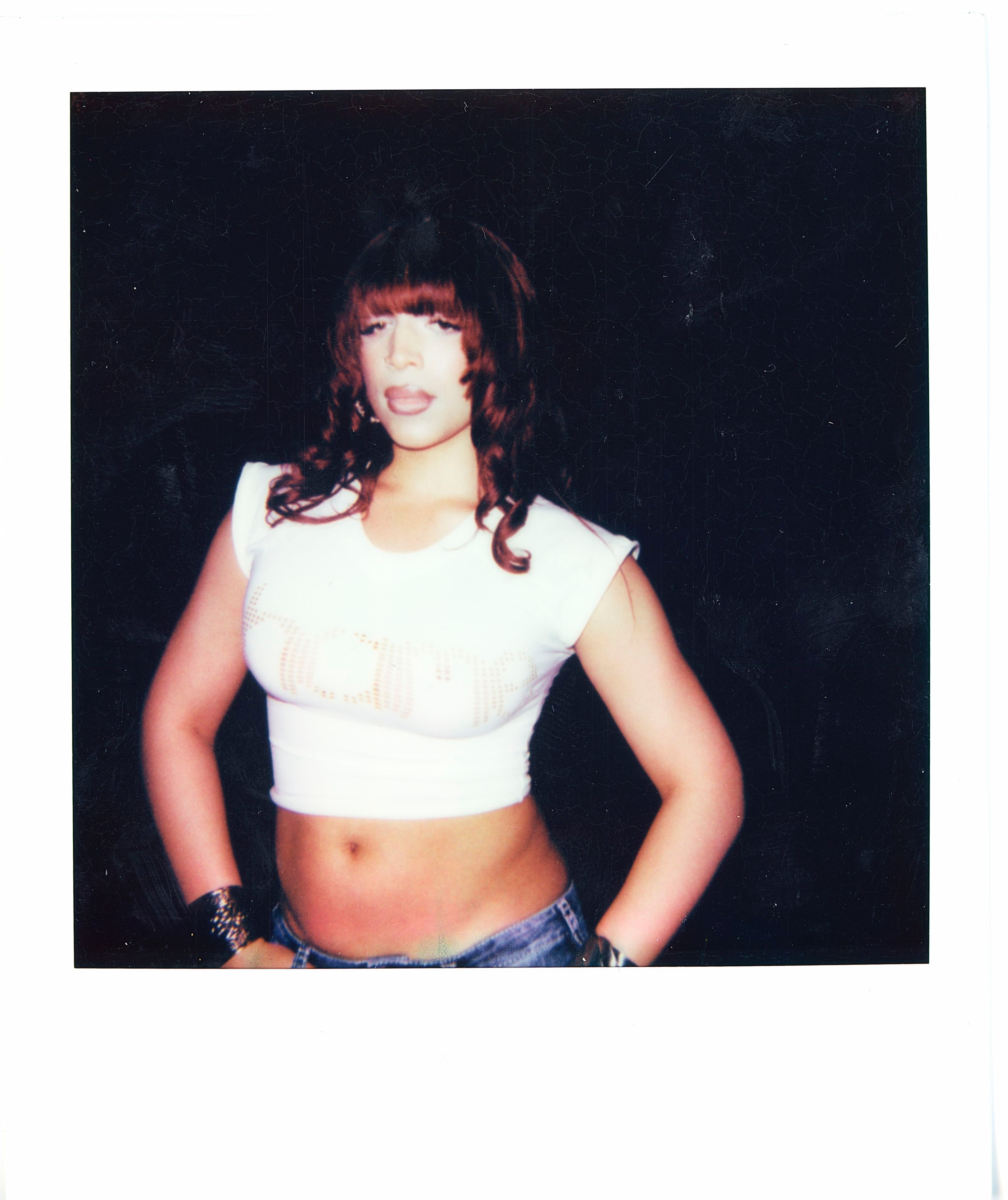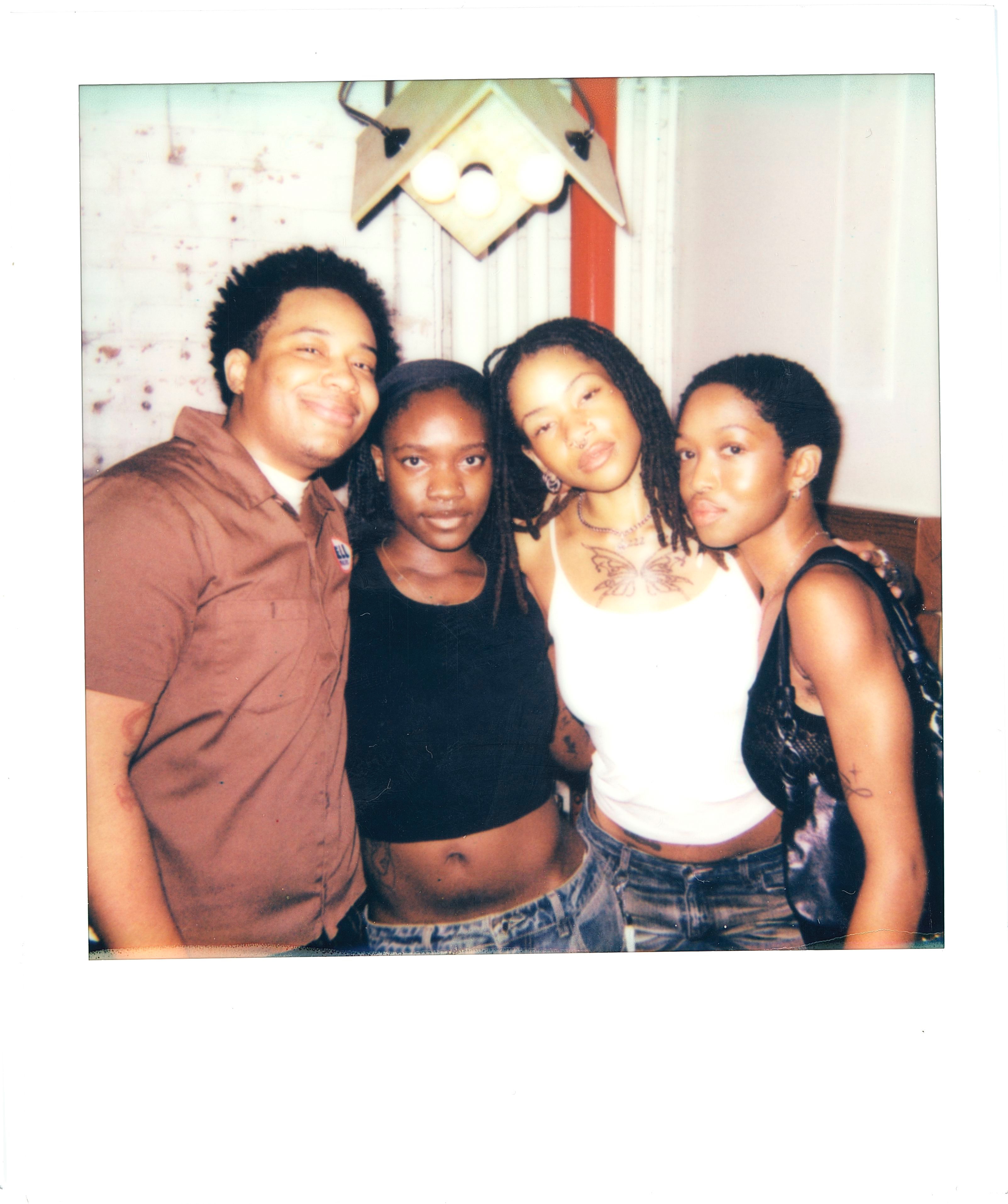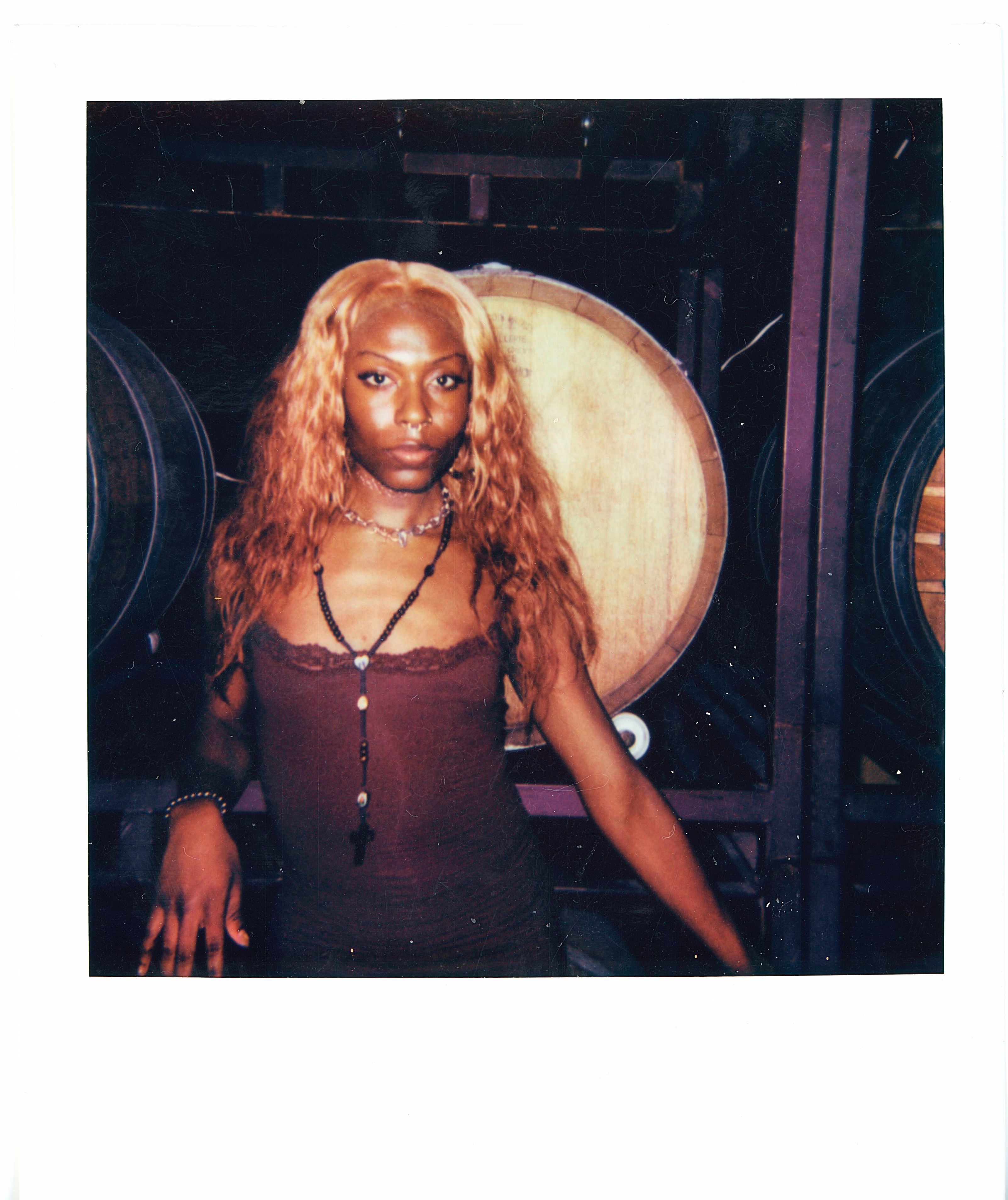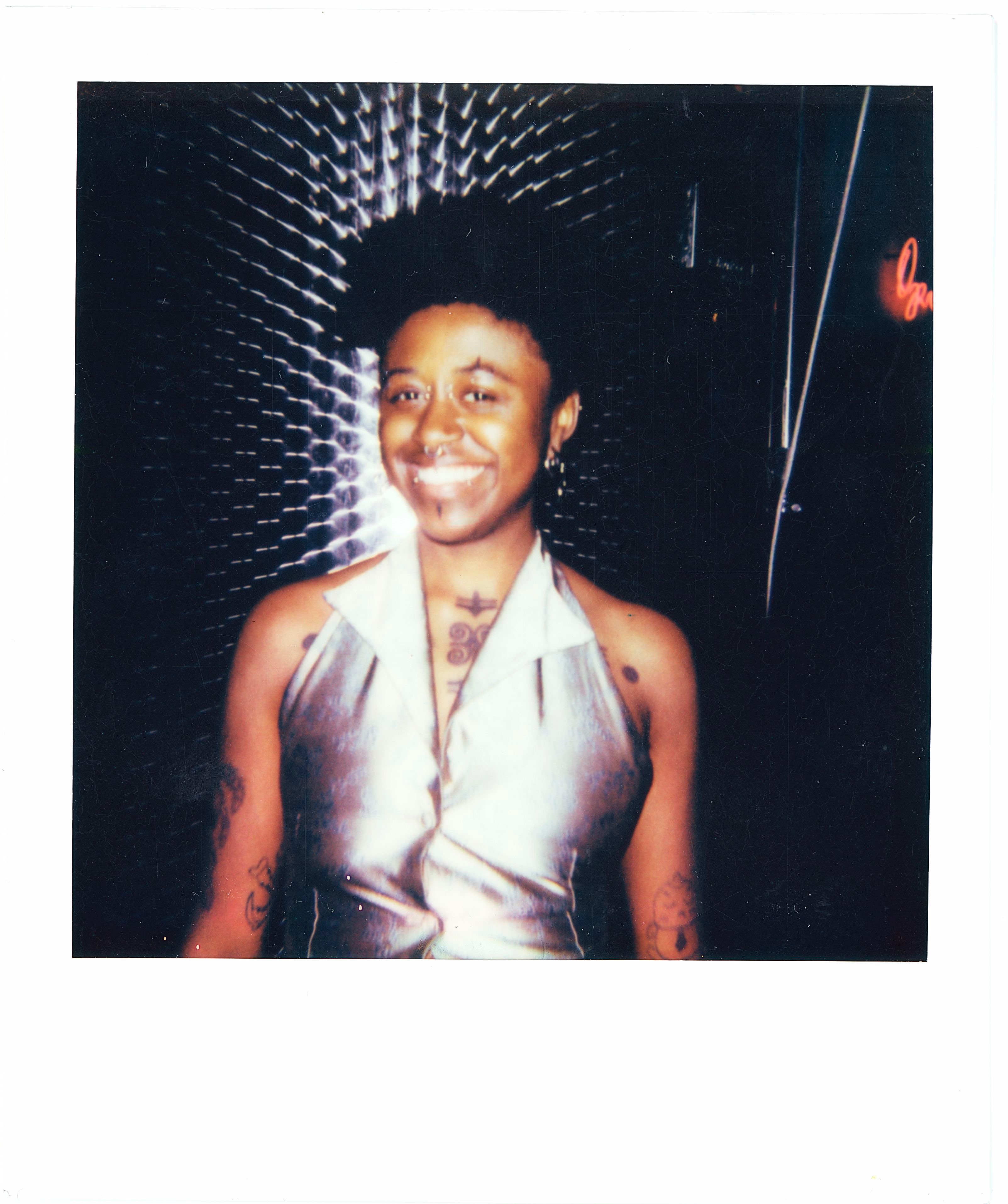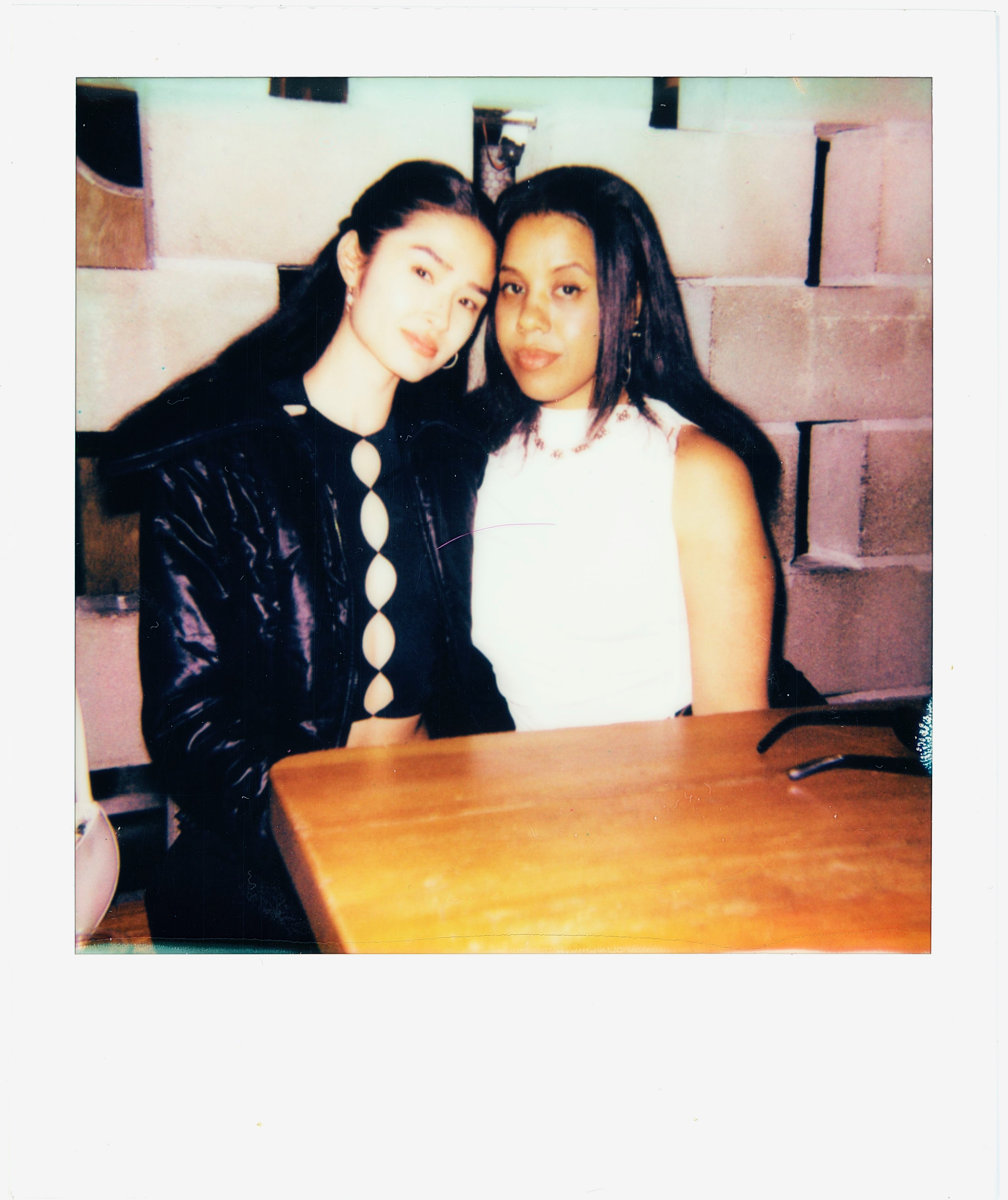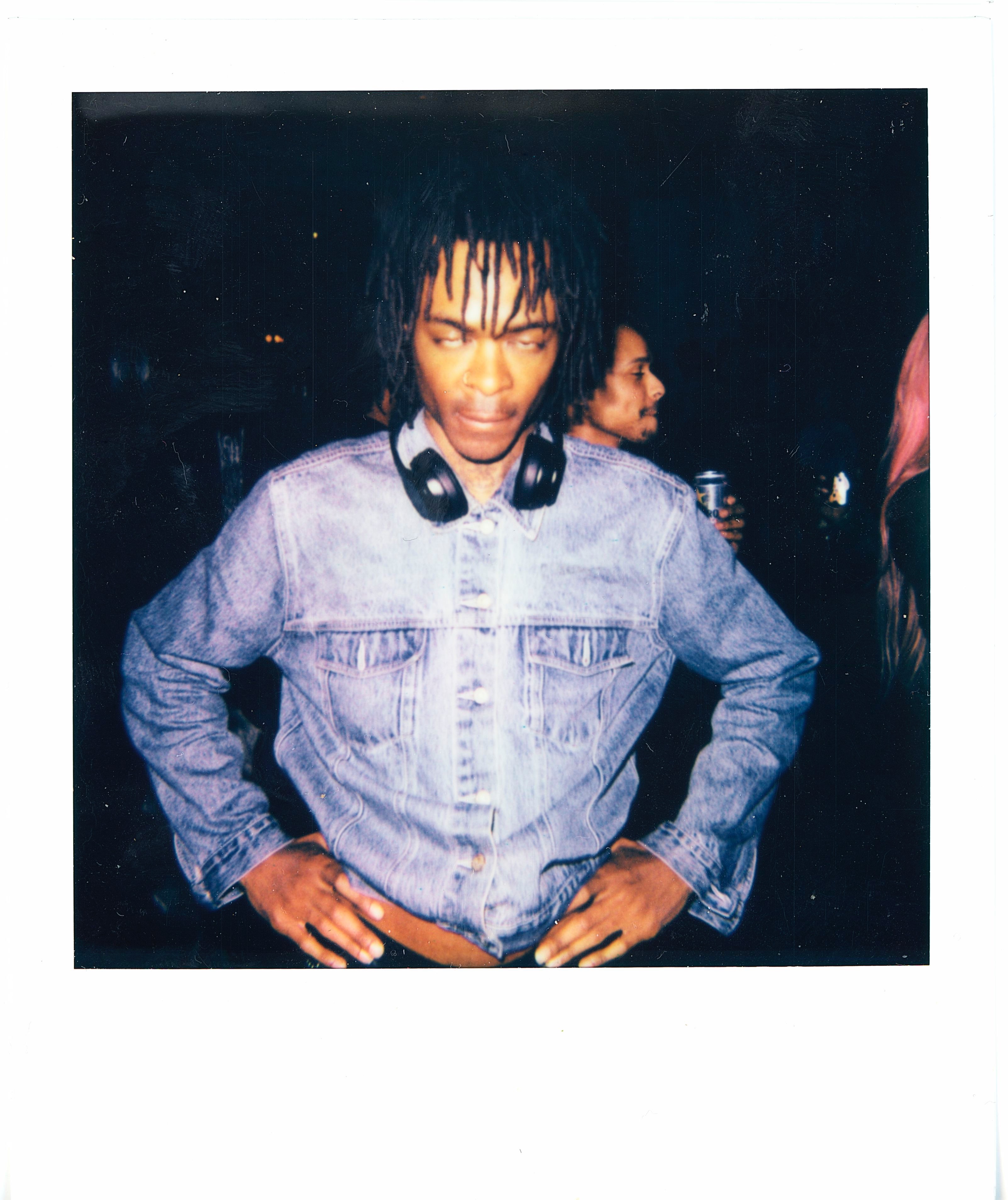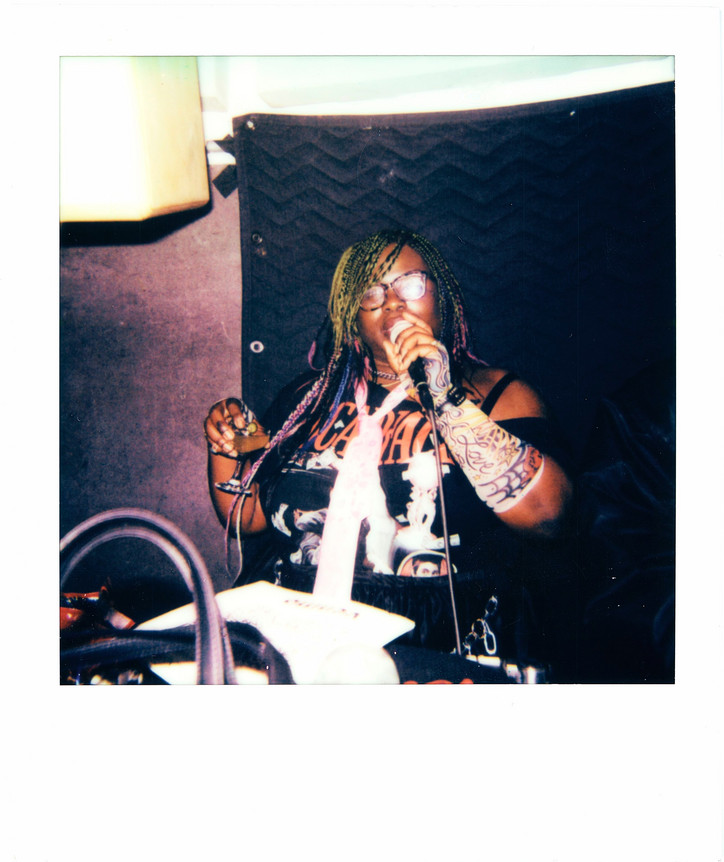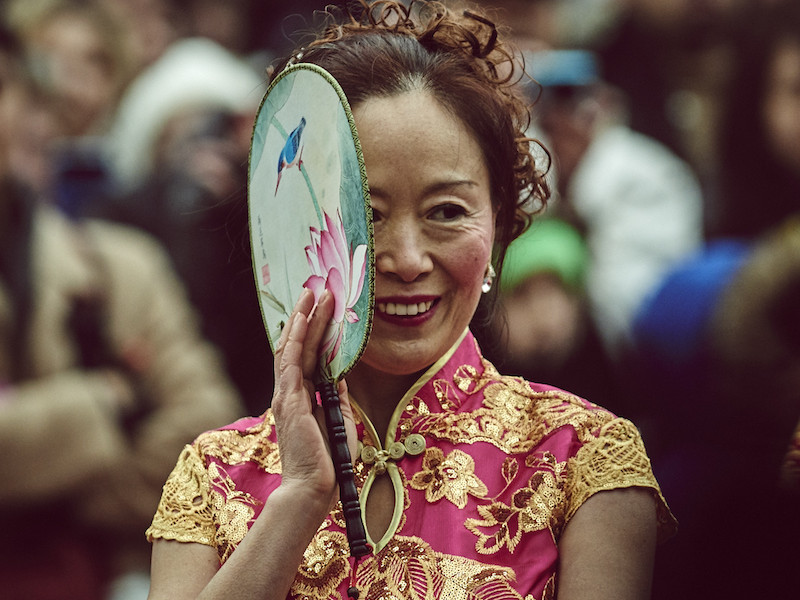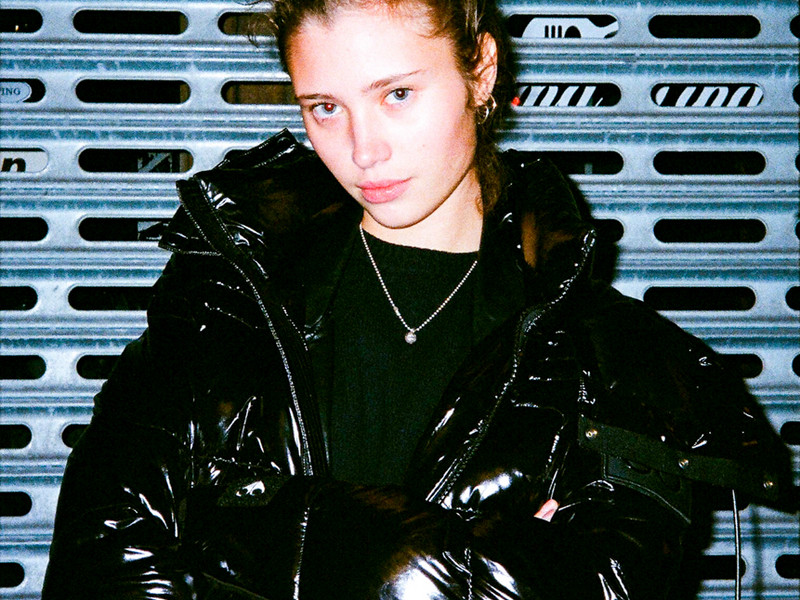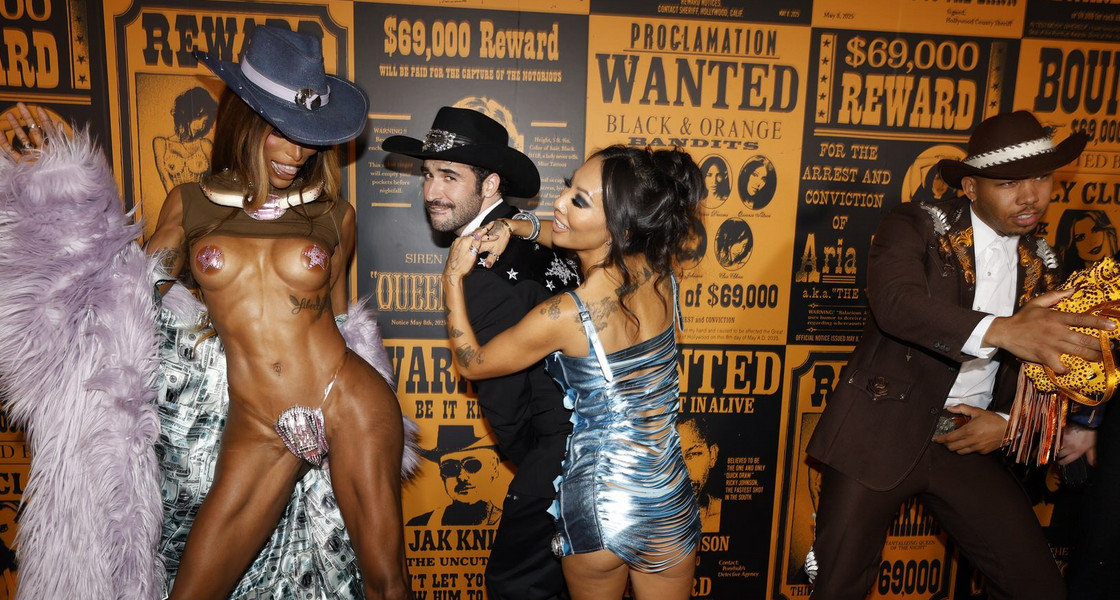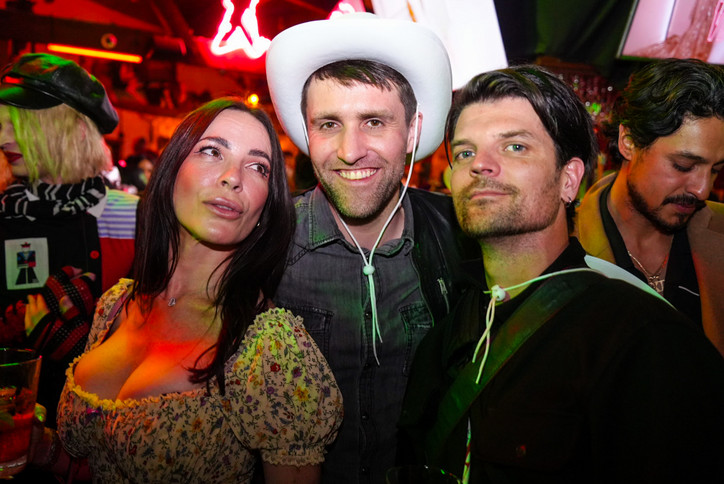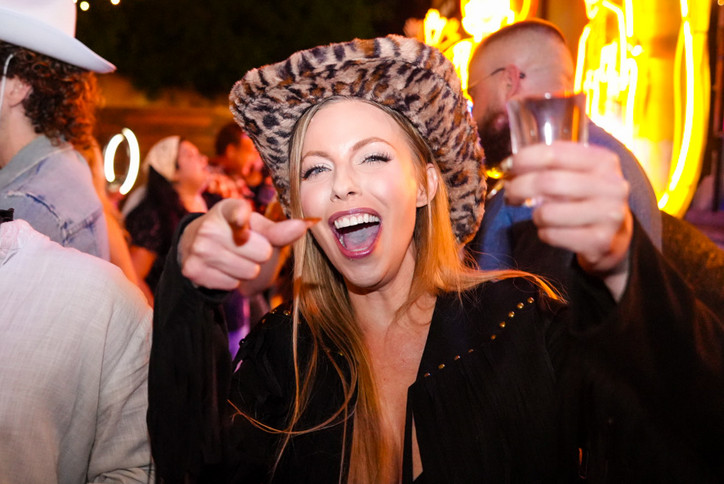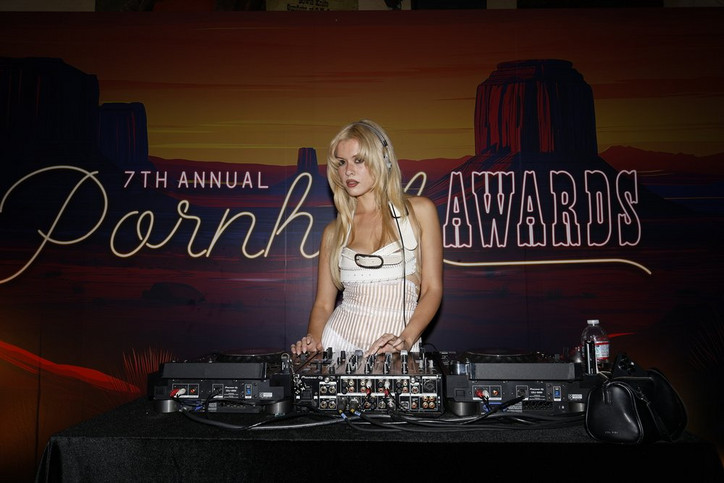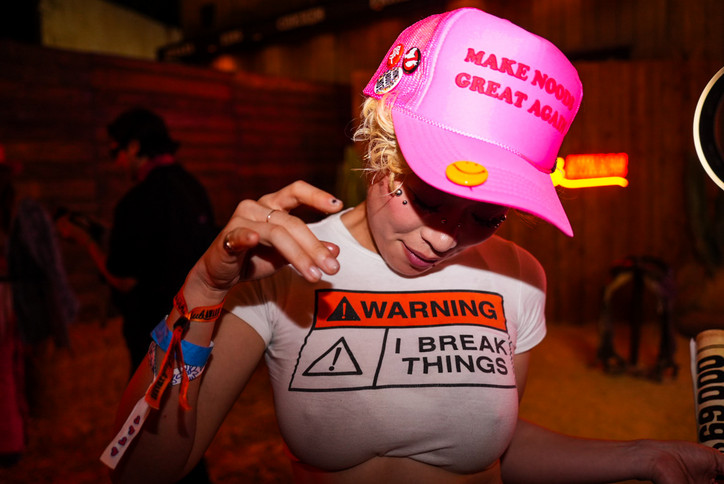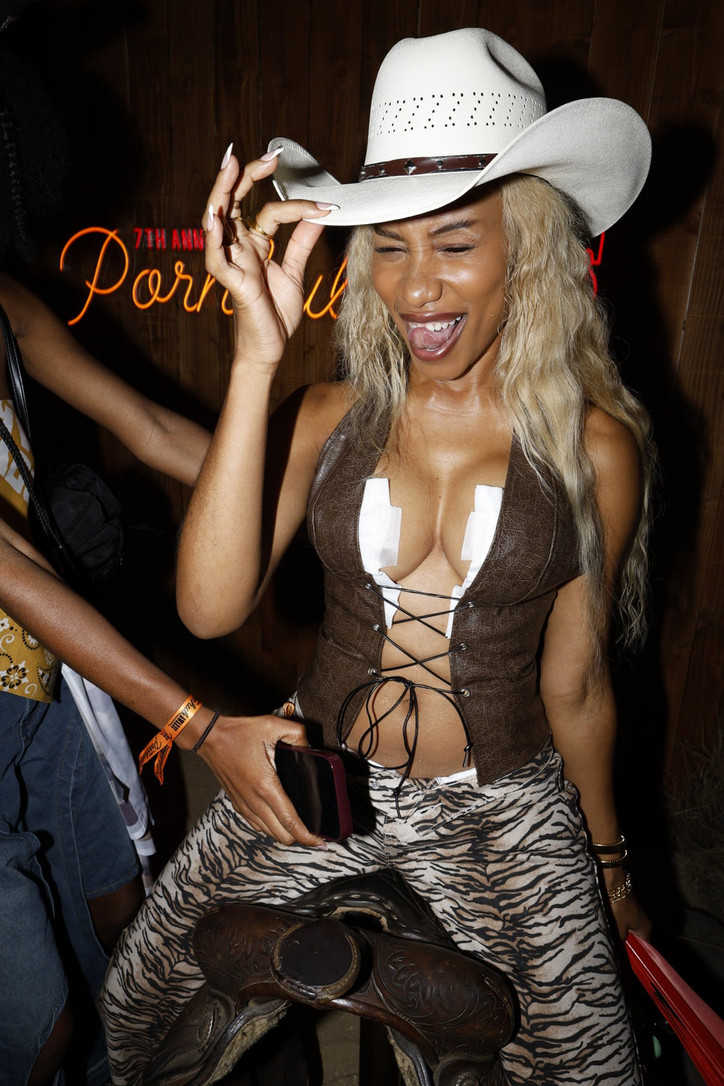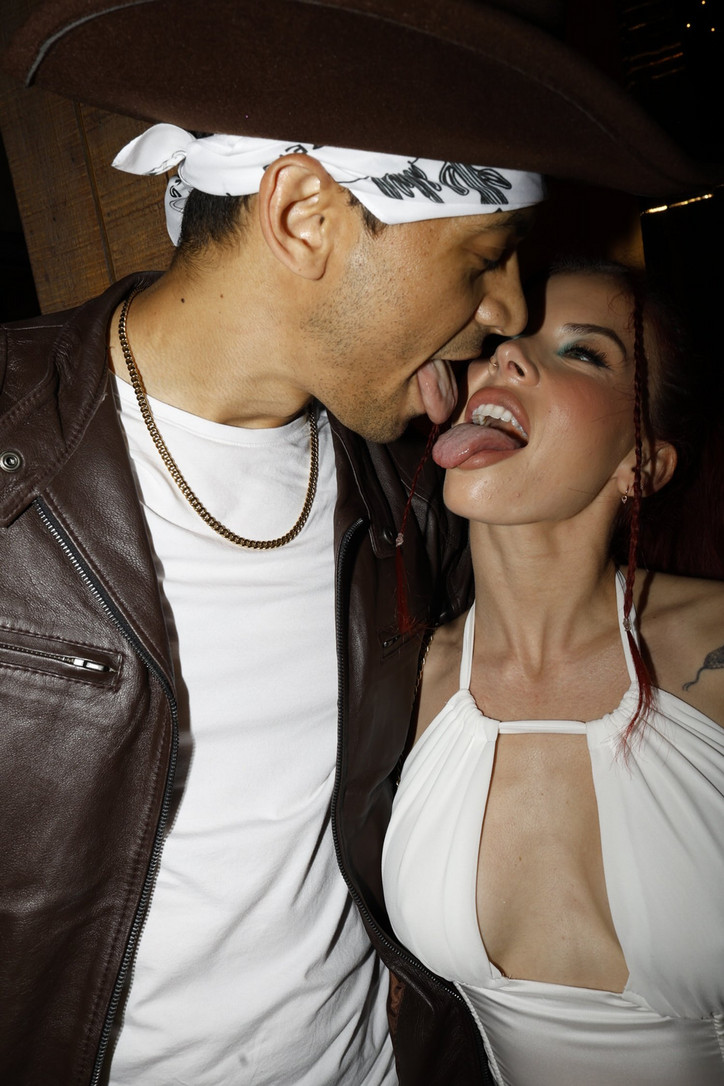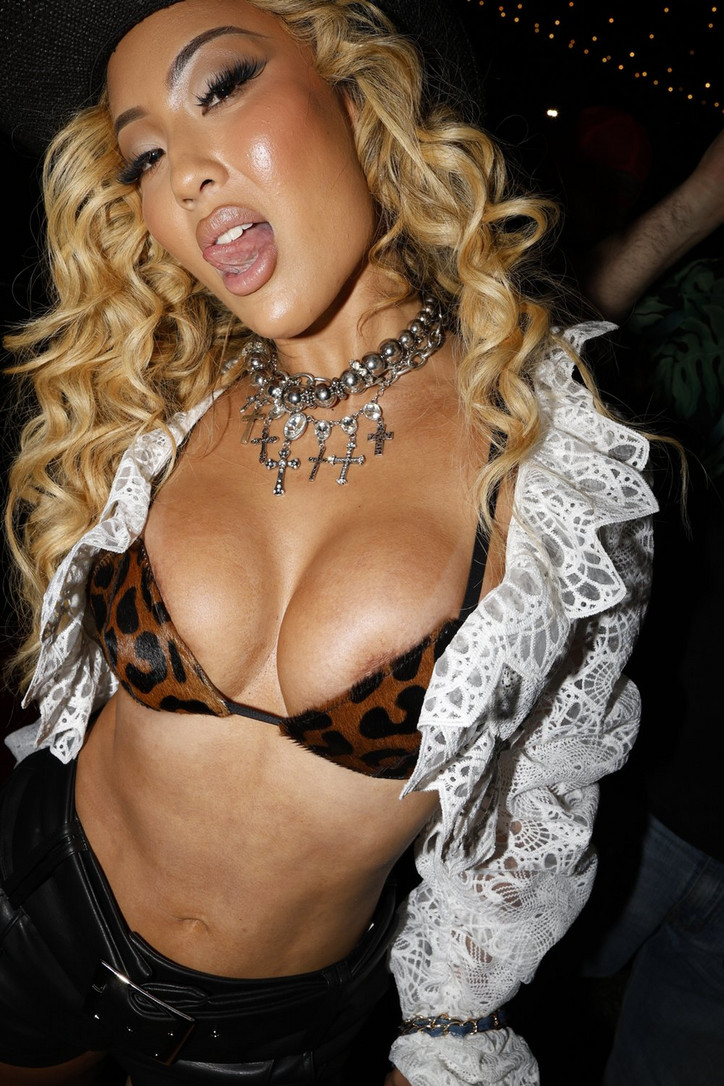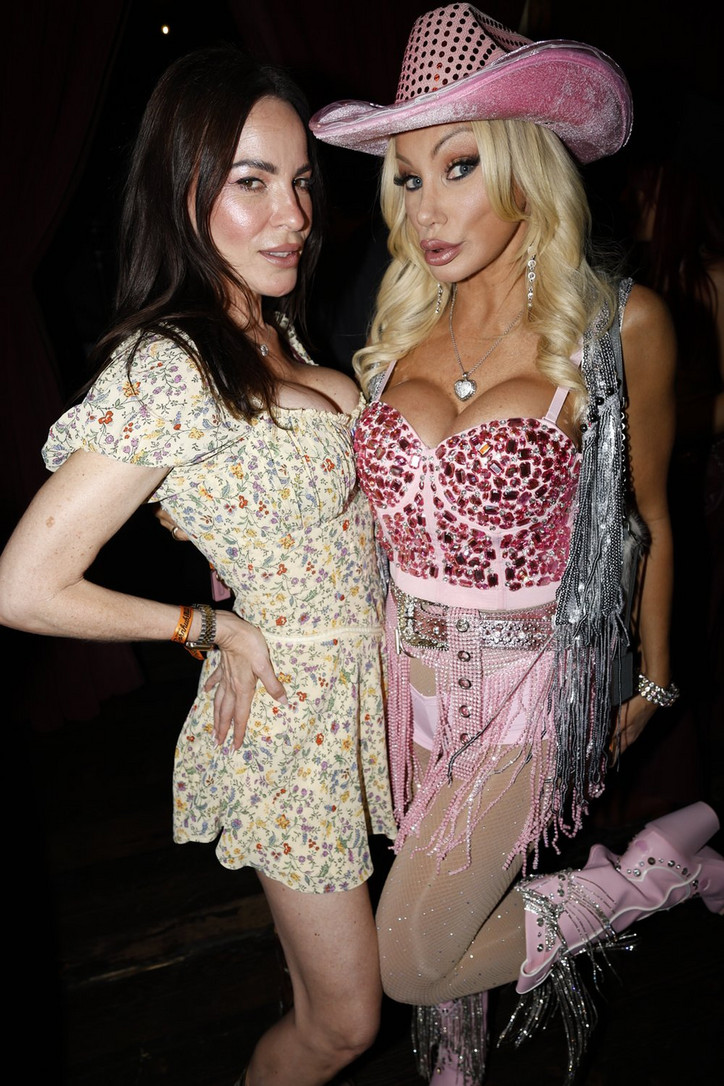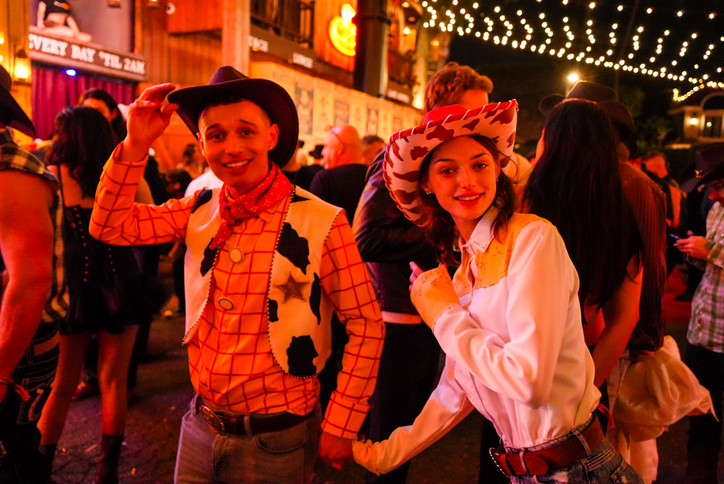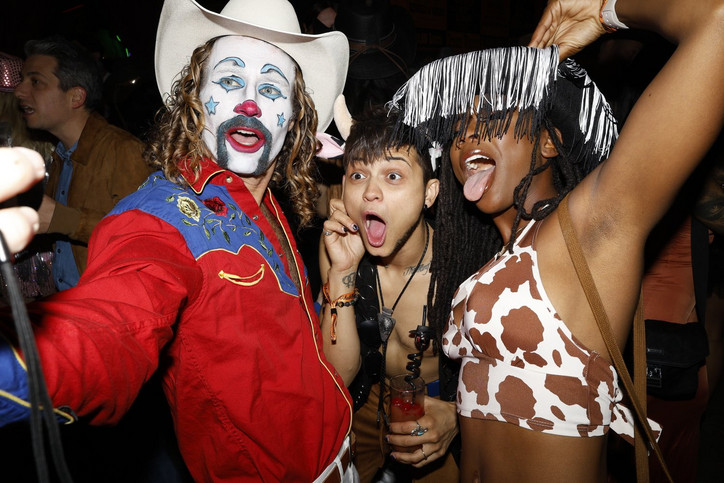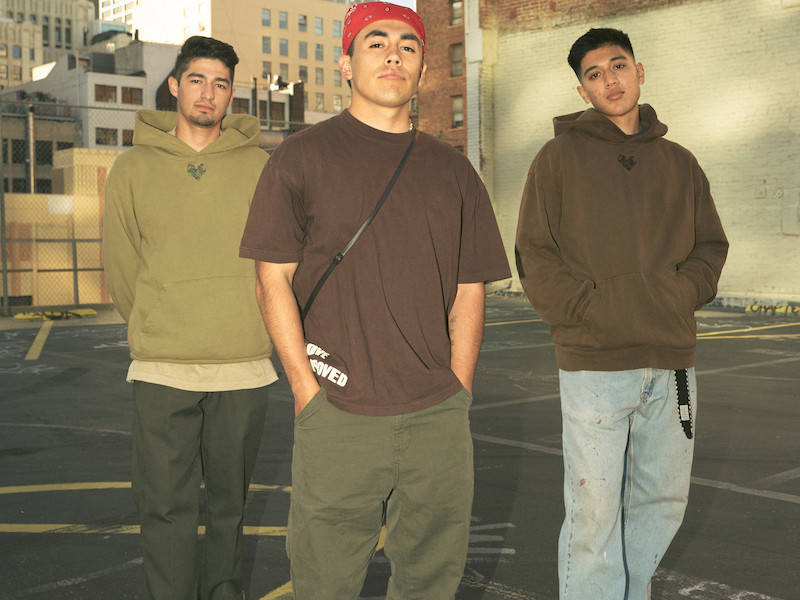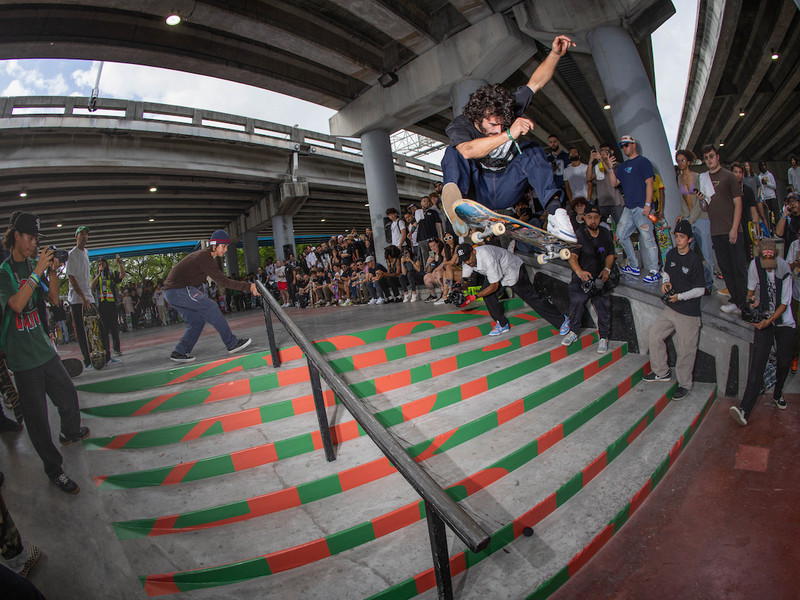Models That Eat
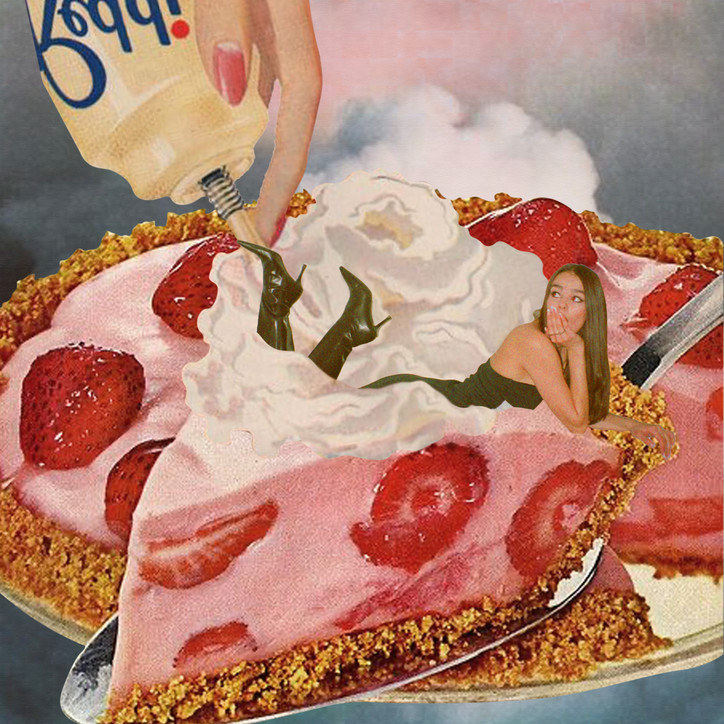
Check out our exclusive interview with model and creator Pojo below.
How have you been? What've you been up to today?
Pretty chill, actually. Funny enough, I just got back from the container store and I'm organizing my closet later. I've been doing remote work on the computer and getting up earlier. So that's the goal right now: can we get up by eight o'clock?
So when in your modeling career, did you realize that “models that eat” was necessary?
I started to really understand how important the conversation around food is when I was doing Fashion Week and my friends and I would squad up and go to castings. Food was really the rest period because that's what you needed to keep going. Sometimes we'd even be skipping meals out of just being so busy, like 20 castings a day or whatever — it was chaotic. I've never experienced that type of energy in this industry until I was doing shows. I started to see that there was a disconnect in that conversation, unless I was really close and intimate with somebody talking about it. I realized that there was a gap, and it kind of created this weird gray space where we were all second-guessing our own diets, our own relationships with food, our bodies. And that translates so directly in the media. I saw that through people interpreting my career; when people would talk to me about modeling they’d be like, ‘Oh, you model? Do you even eat?’ That's how it all really started. It was kind of a middle finger to that. Like yes, we eat, here are the photos of us eating.
How did you first come up with Models That Eat?
I definitely made it intentionally “models that eat”. I always have to put this disclaimer out. It's purposefully models that eat, not models who eat. Sometimes I get DMs and it's really funny — people will say, “Hey Pojo, I just wanted to let you know, um, it's actually supposed to be models who eat, not models that eat, and just wanted to let you know before it gets too big and it's hard to go back.”
And I think it's funny, it being models that eat because it plays on the idea of us being objectified. There's this level of dehumanization there, and it's time to re-humanize models through food because that's the one thing that all people share. Whether or not you have a great relationship with food is case to case, but I think it's important to get the wheels turning for some people. I catch people all the time who would probably typically say “models who eat” in passing, saying “models that eat.” I like to see the ripple effect there, it's kind of funny.
Did you feel like you had an obligation or responsibility to take on for other people that want to model when you started models that eat, or was it sort of a natural just reaction?
I think I've always felt an obligation to be honest about the industry. It's not like I owe it to anyone or anything, but I think as a society, we owe it to ourselves to have these conversations because this media doesn't really exist in a designated space. I feel an obligation to enable the conversation we're having. I’ve put myself in a situation now where I'm not signed and I don't have a PR team breathing down my neck. I actually have a team that's supporting the work. So instead of me creating a space where I'm dependent on this industry, I think that I have made it enough where it's like “Hey, you can come to have a water break and talk to me.” And it's not always a heavy thing, I try to make it as light as possible so others feel comfortable when discussing it. I try to take that extra step, so then they can trust me on the back end to know it'll be well received. I think more than anything, it's just about keeping that space, holding that space for people, and not being tainted by the industry at large, because it's so easy to get sucked into the side of things that isn't accepting. Also, it’s hard to dissociate from the identity as a model. I'm learning as I go, I don't think it's an easy journey for models to dissociate from the label.
I've seen the journey that it takes — when you've done it for so long and you've been exposed to this industry for so long, it’s really hard to shed that conditioning. So I just feel an obligation to help people speak their truth and know that if you're being honest and if you're saying what's true to you, there's nothing you should regret. As long as you feel safe doing that, and you have boundaries for your sake then it should be a liberating conversation. That shouldn't be something that's heavy or it makes you afraid, and if it does make you afraid, then it's a good opportunity to question why you're with management or those people around you making you fearful.
So what are the top three things that you would want to change or like to see change in the modeling industry and how are you making steps to change that?
I would say one is obvious — the sample size. I think everybody hates the way that fashion has been manufactured, pun intended. You got to do a casting, off the bat they know if they like you. The second round is finding out if they're going to scrutinize you for your body and be microaggressive. Then, the third round is just waiting to get on set for the shoot. The thing that people don't realize about models, I think, is that you're at the mercy of your employer at all times. I'm just being dramatic here, but let’s say you’re about to make hundreds of thousands of dollars tomorrow. Congratulations! You don't know if you're really booking that job until you are on set and photos are taken, and then they're out in the world, because the truth is a lot of the time you're waiting until the night before to get confirmation, you're waiting for agent emails with flight confirmations. That's what I see with all of my friends that are signed, and I've seen that when I was modeling full time too, but it's crazy how it's such a temperamental industry and people don't understand how mentally draining that is when it comes to body image, when it comes to scheduling, when it comes to consistency. Those are things that are super detrimental to your health, because if you're waiting around and you're not booking jobs because your agent said you “gained an inch in your hips,” like that's more than just, “Oh, I didn't book this job.”
I think there needs to be health and wellness coaches that are certified dieticians at agencies, period, end of story. I'm so done with hearing people say how their booker gave them advice on what they should be eating. Like, sorry, you went to school for PR, you shouldn't be telling anybody what their lunch should be. Mental health counseling would be great for models, too, because this is such a space where it's unsustainable otherwise. If you don't have your arsenal of tools, and if you don't have that support system, this is the industry you’ll burn out from. And it's why I'm so reluctant when people ask me how they can become a model. It makes me so tense and anxious because it would be so irresponsible for me to just say, “Go for it. You're going to live your best life, and you're going to walk all these shows.” I don't know, because I can't tell you how these people are going to treat you. It's terrible.
Third thing, I think legal resources for people getting contracts. I’m not saying agencies owe it to everyone and should provide everything. The health stuff to me is just a given. It's just like HR, we don't have HR, you know? That’s crazy. So I would say the third thing to change is some sort of legal counseling. That'd be outside of the space, where models or potential models can go and actually get some really good advice about contracts. There's a lot that goes on in that tiny little packet.
What does the process of picking guests look like for you? Cause you've, you've had some really great people on Models that Eat?
So as of right now, I have to say everyone I've had on Models That Eat have been friends of mine. People I've met along the way that I identify with, and I know we can have an honest conversation. So a lot of it stems from my network and community. Right now, I'm doing the most outreach I've ever done for sourcing models and meeting friends. It’s hard for me because I get in my little bubble and just hang out and make content with the same people, which is great because it creates that community side. But in that same breath, it is a little bit repetitive and it could kind of get redundant for people other than myself.
I think it's all about just being well-received and also just having straightforward intentions when I start talking to somebody. So they understand, this is what I intend to do with my media. Is this something that aligns with you? There's no pressure there because it should never feel forced and it should never feel manufactured. I don't ever want to be clickbait.
So the term diversity and inclusion gets thrown around a lot, especially now because I think of all the movements that have been happening. People, you know, don't want to get in trouble, but what would you say is true diversity and inclusion when it comes to campaigns or shoots that you're modeling for?
I have a tokenism radar — I'm really good at looking at a shoot and knowing, y'all really did not think this one through. The problem with a lot of these old companies is that they're not rooted in diversity, period. They don't have diverse teams. Target demographic is fine in some regards, but I think a lot of these brands that are so clearly rooted in that separation aren't fooling anybody. Young people today are so much brighter and more understanding of those things in marketing simply because we are so targeted now as a demographic — everyone wants to know what the kids want.
So I think what it really comes down to is, is your brand for everybody? If not, why? Ask yourself that as a brand, and then beyond that if your brand image isn't organically inclusive, whether that be all genders, all sexual orientations, races, abilities, disabled or not. If that isn't something that's rooted in your consumerism and the way that you're giving back to your community, then it's so clearly a facade.
Was there any hindrance when it came to associating yourself to this platform?
I'm a really unique case where I got scouted so young. I got really lucky with my management. I’ve been told things that I'm not very happy with of course, but overall I was blindly optimistic and it worked out. I felt like my relationship with the industry was like that until I had those realizations around how corrupt the space can be. It wasn't necessarily hard to speak my truth but when my truth came out, I knew I wasn't aligned to certain things. I definitely left the agency world with intention, but I had crazy identity issues after that, I didn’t know who I was. I was just lucky to have a support system. People were like, “No, you're doing really good stuff, you're helping models” or “you're helping people that are watching online and you should just keep doing it.” Then that ripple effect is what kept me doing this work because I couldn't let go of it. If I didn't make a video for like three months, I'd feel so miserable.
I can't let it go, I don't know what it is. I can pretend it didn't exist and not do it, but it's like a calling in a way for me. I can't explain. I think my passion for this conversation overrode all of my insecurities that stem from leaving the industry in that way, but I'm grateful for it. I know now where I'm going and my team is building as I go. People that want to represent me are going to want to represent me for me, not because I'm a white brunette girl on a board who could walk a show if they need someone, you know? It’s not about that. I've kind of scratched the surface. Now it’s like, “you have to see me for who I am. Sorry.”
So going off of that, do you have any future goals with Models That Eat?
I see so much for the platform, the community at large. I think it's so much bigger than just even the conversations. It’s its own world or universe in its own way, but I particularly want to get back to going to events with everybody integrating amazing food brands. We've got some really exciting products coming out, too! I just love the idea of a substantial existing thing that's not just some merch, but instead really cool objects. I want to feed that side of it more. We handmade hats and napkins, and that was really fun to make, so now I’m focused on more cool things for the community.
Definitely more events, definitely more podcasts, and more amazing guests. I really, really want to get some cool and particularly big names in there. Not in a way that screams, “Oh, look who I'm interviewing,” but because those people have the craziest impact. If we saw models with massive platforms online talking about these topics, they could change a lot of lives. I think it's about pushing myself to step out and meet new people and see who’s open to it, and then see how much work we have to do before everyone's open to it. I'm excited and we've got some really cool collaborations coming up, which you'll have to stay tuned for.
